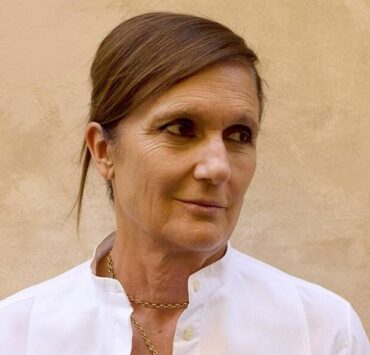From kaniya-kaniya to kapwa

Jose Rizal’s revolutionary novel, “Noli Me Tangere” (Touch Me Not), exposed the corruption of colonial authority and the oppression of the natives. It is interesting to learn that one of its earlier English translations was given the title, “The Social Cancer.”
This is a very useful metaphor because basically, cancer is a mutation within a person’s body. It acts as though it were its own organism, siphoning resources for itself, while damaging the rest of the body. If we imagine that it has some sort of self-consciousness, maybe the cancer no longer thinks of itself as part of a larger thing. It no longer sees itself as a member of a healthy, functioning whole. It has started to adopt a mindset we can call “kaniya-kaniya” (to each their own).
One nation, one body
We can compare our society to a human body, and each individual aspect of it is as something important for the entire thing to work. A body cannot be all eye, or all lung, or all foot. Each of these unique parts work in harmony. Similarly, for our society to work properly, it requires the cooperation of those who live within it.
We all just want to live in peace with our loved ones in a house we can afford. We want to be sure that if any of us gets sick, we do not have to worry about getting better. We want a life that is light (magaan) and breathable (may ginhawa). This is what we dream of, and this is why many honest, everyday Filipinos work hard and pay their taxes right and on time. This is why we have also placed people in positions of authority, so that we can focus on doing our work properly, while they figure out what is in the best interests of the body as a whole.
We all want this “body” to be healthy. And for that to be true, each one of us must also be healthy. It is like the old saying goes, “Ang sakit ng kalingkingan, ramdam ng buong katawan.”
But what happens when our attitudes “mutate” into a social cancer? We stop being sensitive to the needs of others. We only think about our own luxuries. We start to think that we are the body.
Today’s social cancers
The Philippines is not a “poor” country, but it is a heavily exploited one. Yes, the Philippines is rich in resources—but we steal land from others, bulldoze nature, and build tacky villages. The Philippines is also rich in intelligence and skill. However, many employees are not paid right, and so, many skilled and smart Filipinos move abroad to find better opportunities elsewhere. Minimum wage is barely the minimum needed to survive. The Philippines has hardworking people serving it honorably and honestly, yet their money is not spent for their well-being—rather, it is used to fund the obscene lifestyles of the corrupt.
There is a reason why we call work “kabuhayan,” because it ought to give us life. But what kind of life are we getting from all this?
Our dear “Luzviminda” (Luzon, Visayas, and Mindanao) is sick, and the prognosis is awful. Sadly, she has been ill for a while. But there may still be hope for a total cure. For an actual cancer, the approach would be to surgically remove the tumor or blast it with chemical death. Maybe for a social cancer, the solution does not have to be too literal. Maybe the “tumor” we have to extract is the harmful extremes of that kaniya-kaniya mindset within each one of us. Maybe, by doing this, the body—that is, our society—can return to good health.
In sickness and in health
I am not condemning specific people as “cancers of society” (that is the job of law enforcers, investigators, and other officials), but I am offering a gentle warning that all of us are in danger of something like this mutating within us. In fact we are already seeing the negative impacts of this deeply embedded, deeply corrupted way of thinking in our current events.
How then, do we help Luzviminda recover from this sickness? Let us ask ourselves: What would it look like for the body’s members to actually work together? What would it look like for each part to do its role well and ensure the health of the whole? What would it look like for us to shift our mindset from “kaniya-kaniya” to “kapwa”?

















